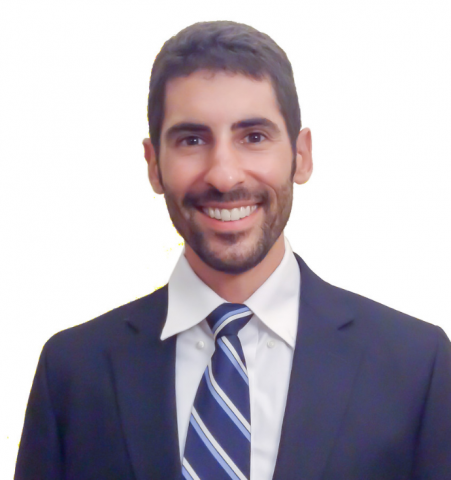Saliva is the key to digestion. It moistens the mouth and protects the gums and teeth. Perhaps the most interesting thing it does, however, is contain the essence of a person’s genetics. Paul Maier, a population geneticist at FamilyTreeDNA and former ARCS San Diego Scholar, says a small sample of saliva can help us learn more about humans, history, and even himself.
After earning his PhD in Evolutionary Biology from San Diego State, Maier joined FamilyTreeDNA, one of the largest genetic testing companies in the US. “One thing I’ve done is create an ancestry test that can tell you which of the ninety populations your ancestors are from,” explained Maier. "Previously, the test only sampled twenty-four populations. You can also now look at what we call chromosome painting." Maier says chromosome painting allows geneticists to examine each piece of the chromosomes for its origin.
Currently, Maier is spearheading a project called “Million Mito Project”. In this context, Mito means mitochondrial, and the goal is to create the largest tree of womankind ever built with one million DNA testers. As the website explains, no matter a person’s sex, they inherit their mitochondrial DNA from their biological mother, and only genetic females pass on mitochondrial DNA to their offspring. So far, this project has discovered a branch of humanity that has gone missing until now. “We’ve been researching this kind of DNA for four decades and it hasn’t been seen until now,” said Maier. The DNA they recently discovered is nearly 100,000 years old. Maier explained Europeans, Asians, and Native Americans didn’t even exist when it was formed. Learn more about this branch of humanity by watching the YouTube video released by FamilyTreeDNA.
The other important, and more lighthearted discovery was made as part of the Beethoven study. FamilyTreeDNA partnered with Cambridge to show “The Most Famous Beethoven Wasn’t Genetically a Beethoven”. Maier explained the study in simple terms: “In other words, one of his ancestors was in some kind of clandestine relationship, so he’s not related to other living van Beethovens. The study also revealed some interesting medical facts about him, like possible genetic causes of his liver disease contributing to his early death.”
Maier stresses the importance of people harnessing the story of their own biology because it not only advances human knowledge about ancestors but because it’s fascinating for individuals. Maier shared his passion for DNA because it’s a fascinating puzzle to him and how much you can learn from a little piece of DNA. He shared his personal connection, “For example, in my personal history, I used my DNA to find long lost Jewish relatives that were separated during World War Two and uncovered some of their testimony about their harrowing experiences in Europe.”
Maier credits his ARCS Scholar Award as the reason he was able to receive his PhD. “ARCS gave me the opportunity to pursue scientific questions that I probably couldn’t have done otherwise.” This was important for him at the start of his career. “The Scholar Award let me focus less on justifying new techniques and more on exploring and building them. I’m always going to be grateful for that,” he concluded.

